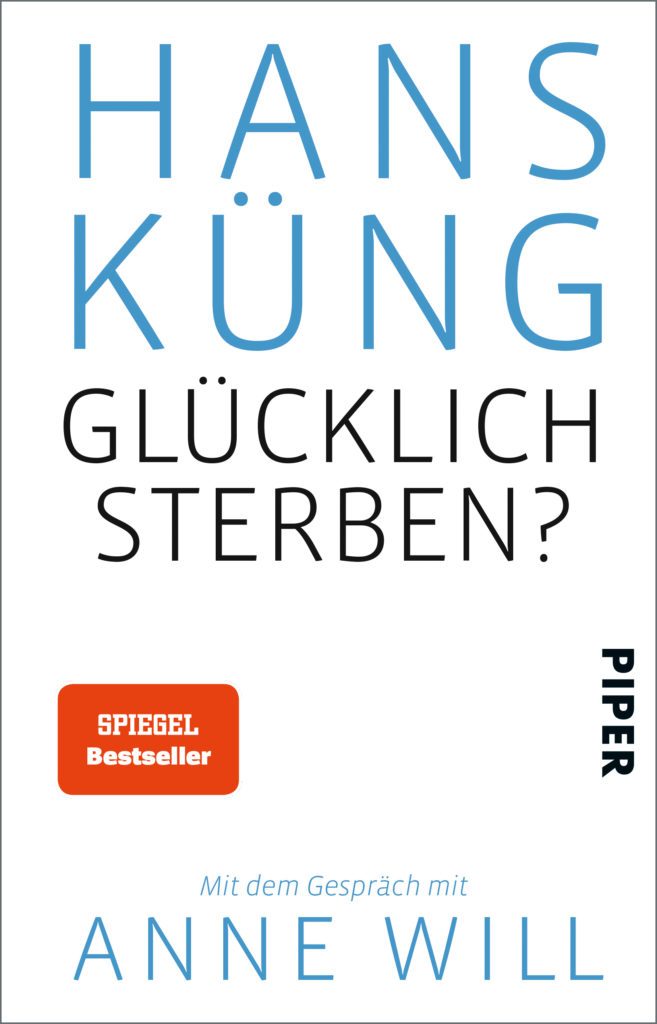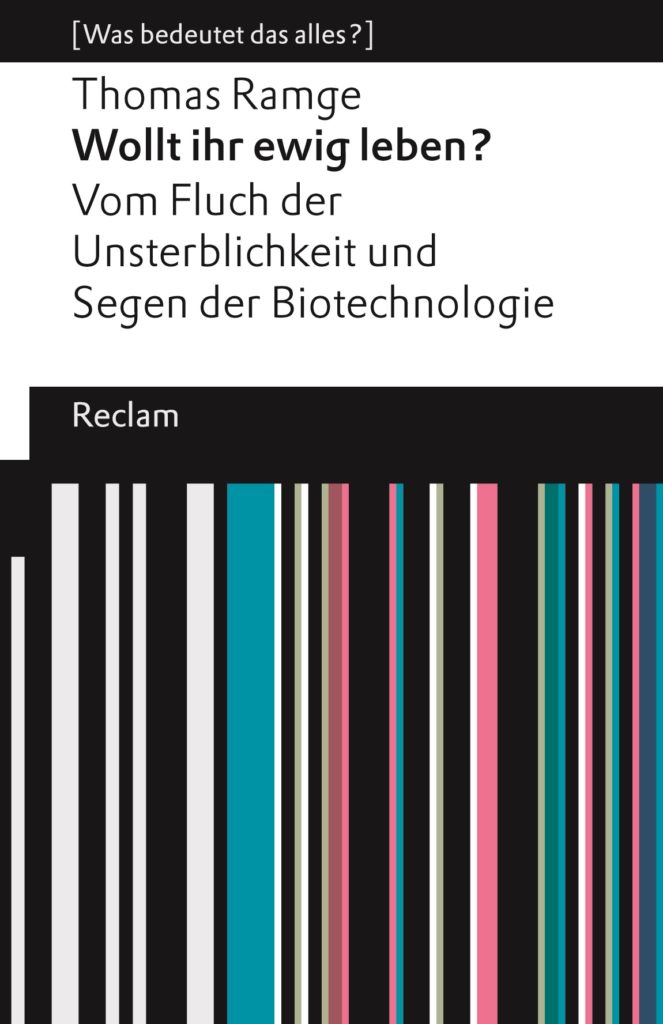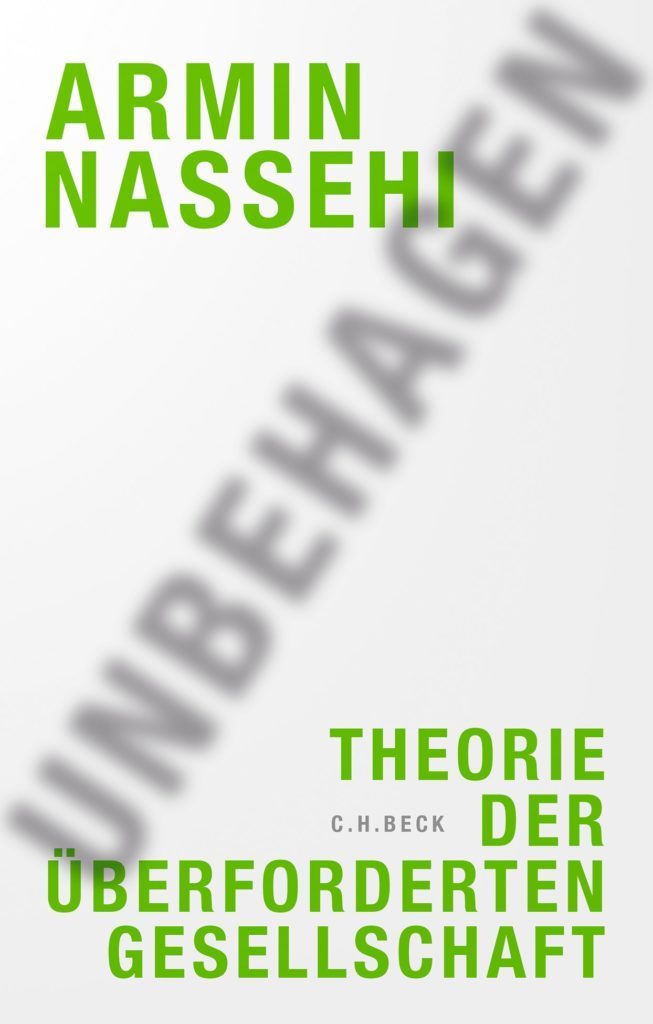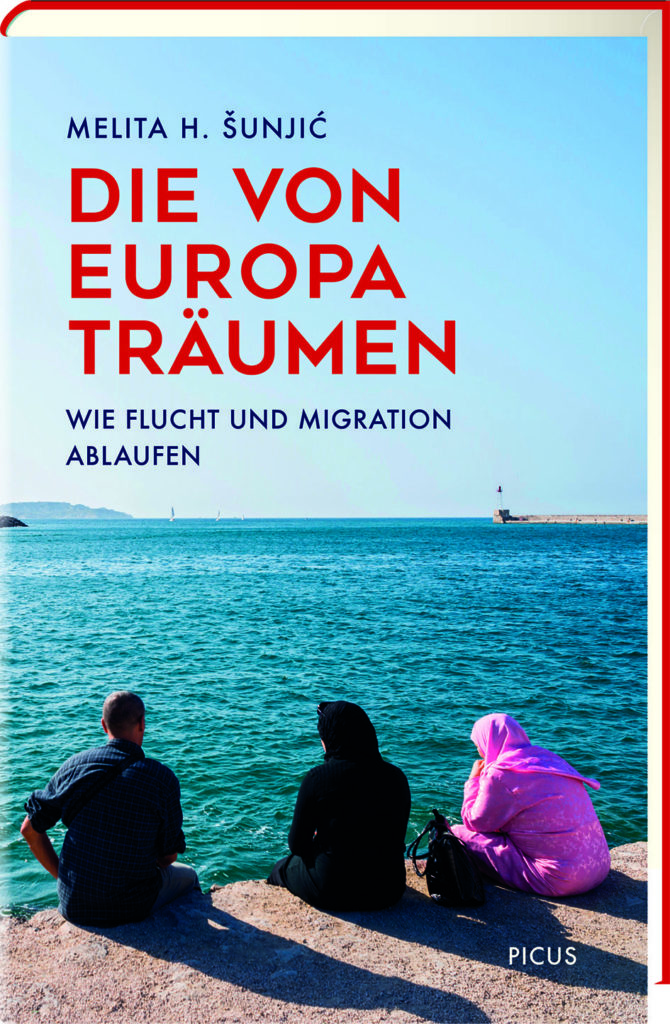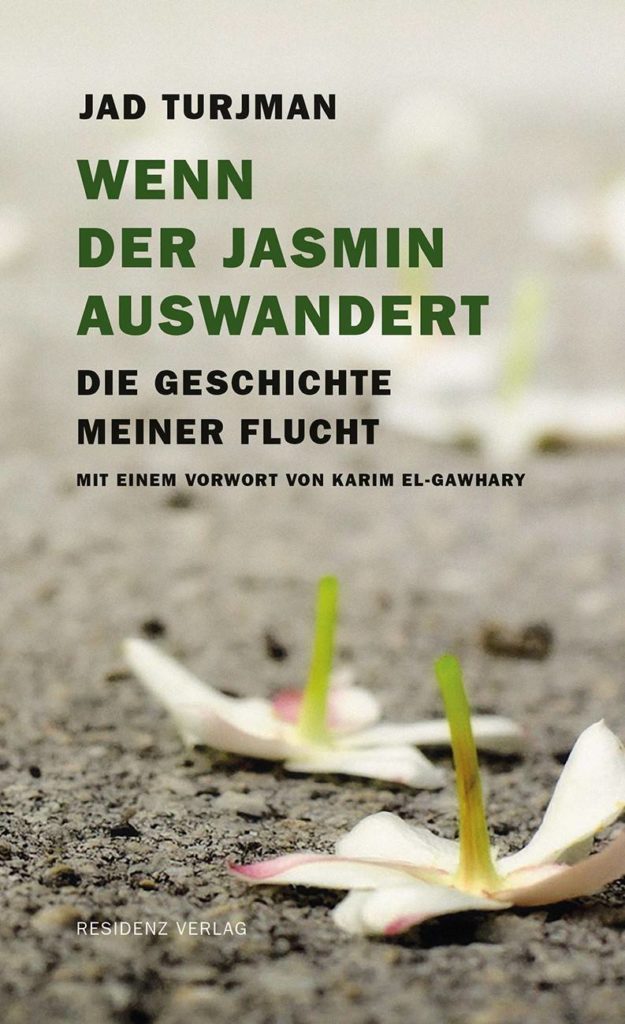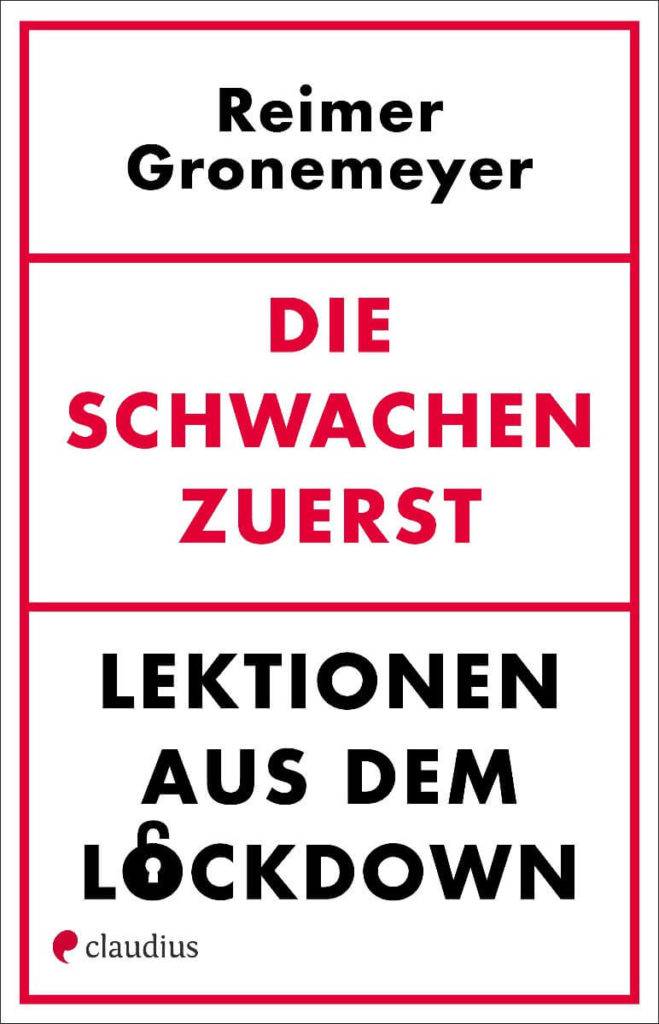A Book for Breakfast
In this event series, we juxtapose different books on current social debates by concisely presenting their arguments in the form of an essay. Together, we develop new ideas and engage in discussions – in good company and with coffee and croissants.

“Death is not an artist” – On dealing with death
On November 6, 2023, we invite you to a small breakfast with coffee and croissants to get into conversation with us and with each other. The topic this time is: “Death is not an artist” – On dealing with death. In view of the excesses of violence and wars, the author has written a foreword. You can read an excerpt from it here:
I wrote this essay in the summer of 2023 after I had long been preoccupied with how dying and death are dealt with in our Western societies. The final trigger for this essay was the following headline in the Online Standard, which I stumbled across in May 2023: “Bryan Johnson is 45 years old and doesn’t want to age any more. He is investing millions to do so and is himself the guinea pig for anti-ageing products” (Beirer 2023). The article piqued my curiosity – but I quickly found the content disturbing: a millionaire in his forties spends millions to stop the ageing process. To do so, he not only undergoes constant medical treatments, but also a tough fitness program. The daily routine is always the same; not a second is unplanned or left to chance. Everything is subordinated to the goal of halting the ageing process. Bryan Johnson is not alone in this: a number of US billionaires have set themselves the goal of not just postponing death, but abolishing it. But is that what we want? Or should it not rather be about “not giving years to life, but life to years”, as the geneticist Markus Hengstschläger asks (Hengstschläger 2022, 22-24)?
Both concerns – being able to prolong life indefinitely or end it in abundance – sound hollow and absurd when you look at the recent orgies of violence in the current war zones – where people have been and are being ripped out of life with appalling brutality in the middle of their lives or, worse still, long before. In the face of these catastrophes, it became clear to me that gentle philosophizing about dying and death is a privilege for those who live in safety and prosperity – with the exception of tragic individual fates, of course. The books I have chosen for this essay primarily reflect the feelings of people for whom dying (presumably under the best possible medical care) and death in old age is the worst thing that will ever happen to them. It is important to bear this in mind when we address the subject of dying and death in this essay.
In her current essay, she attempts to approach our finiteness from different perspectives. To this end, she presents four books that deal with dying and death in very different ways:
Thomas Ramge: Do you want to live forever? The curse of immortality and the blessing of biotechnology. Reclam, 2023
Hans Küng: Die happily? Piper, 2014
Caitlin Doughty: Where the dead dance. How people die and mourn around the world. Malik publishing house, 2019
Julian Barnes: Nothing to be afraid of. btb Verlag, 2011
What (doesn’t) hold us together
On January 16, 2023, we invite you to join us and each other over a leisurely breakfast with coffee and croissants.
The topic this time is: We hear a lot about how our societies are drifting further and further apart – but little about what actually (doesn’t) hold us together. Therefore, we deal with this question from an anthropological-scientific, a sociological and a political science perspective:
Does every society fall apart in the end? Do we live in a world so complex that drifting apart is inevitable? And is there absolutely a need for “togetherness” for a functioning democracy?
To this end, our researcher Birgit Bahtić-Kunrath will prepare an essay based on the following three books:
Moffett, Mark W.: What keeps us together. A Natural History of Society. Verlag S. Fischer
Armin Nassehi: Discomfort. Theory of the Overwhelmed Society. C.H. Beck Munich 2021
Putnam, Robert: Bowling alone: The Collapse and Revival of American Community. Simon & Schuster
Book for Breakfast: Migration and Flight
In early January, our research fellow Birgit Bahtić-Kunrath will write an essay on the following three books
- Gerald Knaus: Welche Grenzen brauchen wir? Zwischen Empathie und Angst – Flucht, Migration und die Zukunft von Asyl. („What Borders do We Need? Caught Between Empathy and Anxiety – Flight, Migration, and the Furure of Asylum”). Piper Verlag, München 2020
- Sunjic, Melita H: Die von Europa träumen. Wie Flucht und Migration ablaufen. (“Those Dreaming of Europe. The Mechanisms of Flight and Migration”). Picus Verlag, Wien 2021
- Jad Turjman: Wenn der Jasmin auswandert. (“When the Jasmine Emigrates”).. Residenz Verlag, Salzburg 2018
We invite you to join us for a comfortable breakfast with coffee and croissants, where we can all engage in a conversation on the topic of migration and flight.
Reading the essay in advance is not a requirement, however, it will be useful for participating the subsequent discussion. We hope to be able to schedule an in-person meeting for the upcoming “A Book for Breakfast”-event in the end of February 2022. We will inform you in due time about any changes that might be necessary because of the pandemic situation.
If you would like to participate in the event, please register by sending an email to (office@ifz-salzburg.at) or calling us at 0662/842521-161. The number of participants is limited.
We are looking forward to an inspiring conversation.
Going Through the Crisis Together?
Views on the COVID-19 Pandemic
Excerpt from an Essay by ifz fellow Birgit Bahtic-Kunrath
Because of the Covid-19 pandemic, our society has to face great challenges. After years that propagated an ideology of the ‘lean state’ – a state that interrupts the lives of its citizens as rarely as possible and, significantly, does not create any hurdles for the economy – we witnessed how state action has become of central significance again. To protect at-risk groups from contracting the virus, citizens accepted severe intrusions into their personal lives; the meaning of the word “solidarity” was thus expanded. However, in the meantime, this solidarity is becoming unstable. Critical voices are getting louder and, at times, more aggressive. A pandemic situation of one-and-a-half years has resulted in an expansive body of literature devoted to questions addressing the handling of this crisis, the justifications for the imposed measures, their adequacy, and if all of it opened-up new opportunities or rather solidified existing structures (e.g. see Holzinger 2020; Volkmer/Werner 2020). In these debates, the pandemic is regarded from different angles, and accordingly, the conclusions vary.
This essay provides a small glimpse into this broad literary debate by introducing three recent books on the topic and juxtaposing their lines of thought: In his latest work Von der Pflicht: Eine Betrachtung (“On Duty: Contemplations”), the philosopher and bestselling writer Richard David Precht explores our relationship towards the state and the body politic, which is facing a particular challenge during the pandemic (Precht 2021). The sociologist Reimer Gronemeyer uses his book Die Schwachen zuerst: Lektionen aus dem Lockdown (“The Weak First: Lessons from the Lockdown”) to focus on people inhabiting the margins of society – the elderly, the sick, the poor – who were only allegedly protected, as he believes (Gronemeyer 2021). In his collection of sermons “Die Zeit der leeren Kirchen” (“Time of the Empty Churches”), Tomáš Halík regards the Corona-pandemic as a chance to re-discover the value of contemplation in our loud age, and as an opportunity to re-think the Catholic church from its very core (Halík 2021).

